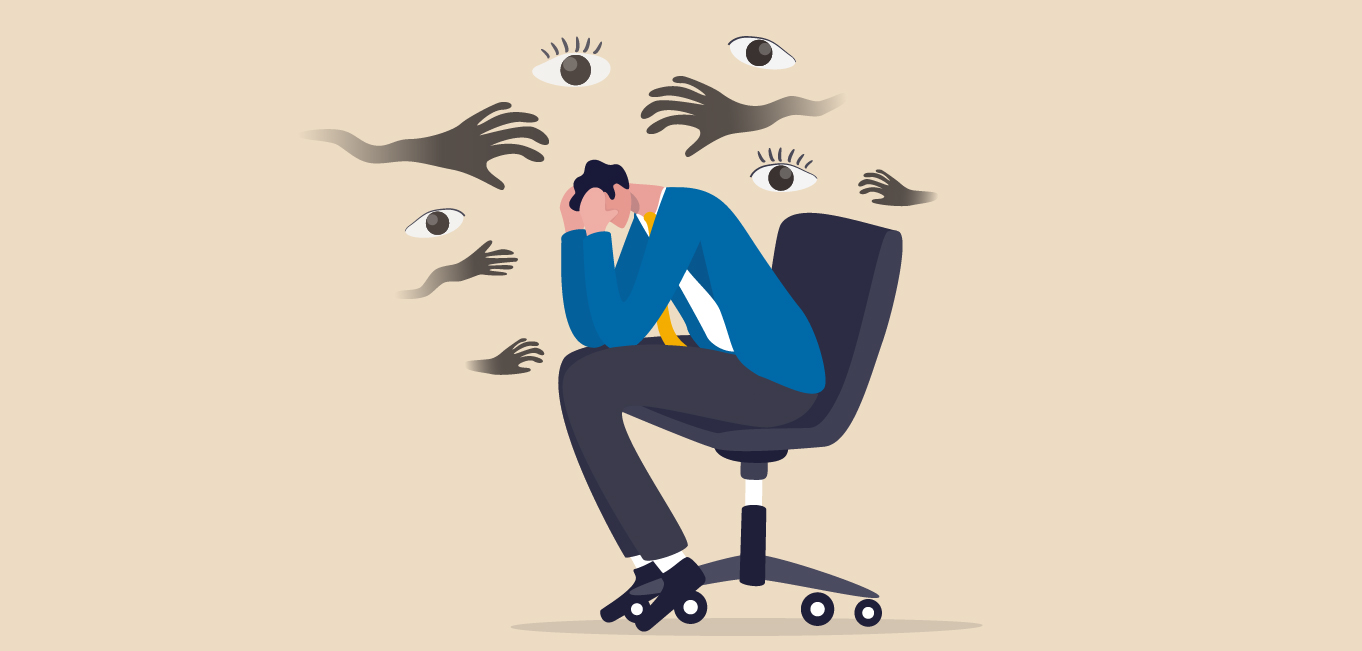
MBA graduate Kirti Singh’s first job interview turned into a Halloween nightmare of sorts. The journey of stepping out from her house to reaching the interview spot was fraught with the challenges of not being able to find a cab on time, not being able to pay the cab fare in cash and the driver yelling at her. It all culminated in her not being able to crack the interview. “The entire incident just left a bad taste in my mouth, and I was not focussed enough to crack the interview,” she recalls.
Singh’s story will resonate with many. One often encounters people at work, school or even at home who trigger negativity. Some deal with these situations in a smart way while others end up feeling annoyed and spoiling their day.
“It is a fact that we can’t make someone else act with integrity or do the right thing. All we can really control in life is ourselves and our reaction to it,” says Dr Munia Bhattacharya, consultant psychologist at W Pratiksha Hospital in Gurgaon. She says that one’s behaviour in difficult situations reflects who one is as a person.
- Dr Ali Khwaja, counsellor, columnist, and life skills coach at Banjara Academy, a counselling centre in Bengaluru, urges people to look at ways through which they can insulate themselves from the negative remarks and comments directed at them. He also suggests practising thought stopping techniques (which are ways to move away from any negative thoughts). “This will help people to come out of the negative cycle after being treated unfairly,” he says.
Dr Bhattacharya and Dr Khwaja list a few common tips to remain unaffected by others
- Practising mindfulness: Mindfulness entails staying in the present and observing one’s thoughts and sensations without passing judgement on others. One can let go of anger and frustration by keeping one’s attention on the present.
- Emphasising empathy: This means comprehending the viewpoint of the other person and the reasons for the unwarranted behaviour. This attitude can help people remain calm.
- Setting healthy boundaries: It is crucial to express one’s feelings and set healthy boundaries. If one is being treated unfairly, one should discuss it with the person. If it is not resolved, then setting a healthy boundary is always a good option.
- Mastering your own happiness: One should take responsibility for one’s own well-being in lieu of being dependent on others. This gives one the power to choose how to respond to an unexpected behaviour.
- Developing self-esteem: This practice helps in protecting oneself from getting affected by unacceptable behaviour by others.
- Getting away from negativity: Moving away from toxic people and focussing on developing healthy and positive relationships with others enables one to think rationally.

















